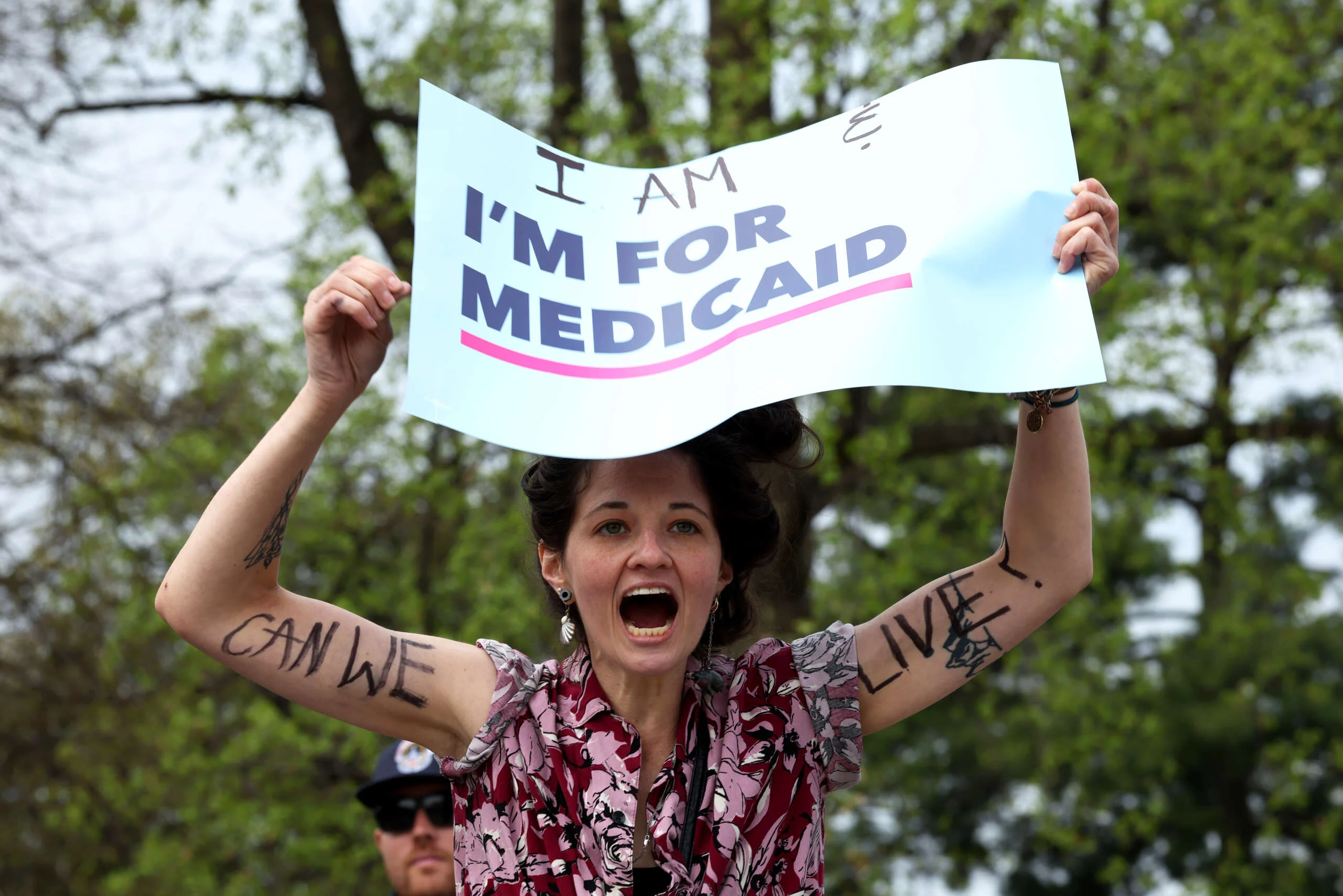Health Care in Crosshairs: Millions of Americans Mobilize Against Proposed Budget Cuts

Millions at Risk: The Looming Threat to Medicaid and CHIP Healthcare Coverage
A potential healthcare crisis is brewing as proposed Medicaid and Children's Health Insurance Program (CHIP) cuts threaten the medical security of over 79 million vulnerable Americans. These sweeping reductions could strip critical healthcare access from millions of low-income families, children, seniors, and individuals with disabilities.
The proposed cuts represent more than just a budget adjustment—they signal a potentially devastating blow to the nation's most vulnerable populations. Families who rely on these essential health programs could suddenly find themselves without affordable medical care, facing impossible choices between healthcare and other basic necessities.
However, hope is emerging as grassroots resistance grows. Community organizations, healthcare advocates, and concerned citizens are mobilizing to challenge these proposed cuts. Their message is clear: healthcare is a fundamental right, not a privilege to be casually discarded.
As the debate intensifies, the stakes couldn't be higher. Each percentage point of cuts translates into real human consequences—delayed treatments, unmanaged chronic conditions, and increased financial strain on already struggling families.
The fight to protect Medicaid and CHIP is more than a policy dispute—it's a moral imperative to ensure that every American has access to the healthcare they need to survive and thrive.
